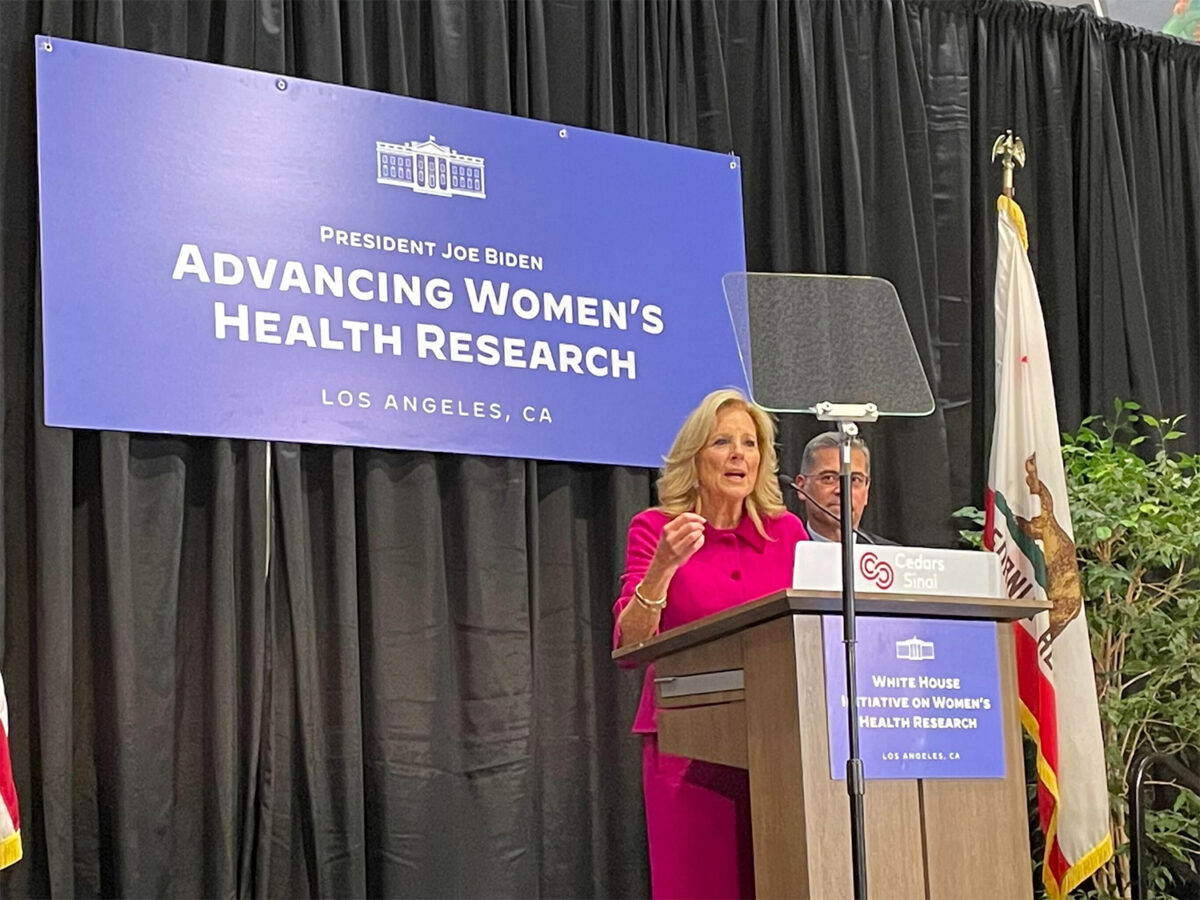As 2023 winds down, most of us will spend some time reflecting on the year and thinking about the one ahead. With ongoing wars in Northern Europe and the Middle East and a Presidential election already heating up, I wonder how we are able to find optimism as we turn the page into the new year.
The Pew Research Center’s latest data reveals a complex emotional landscape in the United States. While a significant percentage of Americans express concerns over national ethics, education and international relations, there’s an undercurrent of resilience that’s often overlooked by the media. For instance, despite economic and political anxieties, a YouGov survey in late 2023 found that nearly half of Americans anticipated a good or great year for themselves in 2024.
If you can cultivate optimism, it may have a positive impact on your health. A meta-analysis of 15 studies, involving over 229,000 participants, found that optimists had a 35% lower risk of cardiovascular events and a 14% lower risk of mortality compared to pessimists (“Psychosomatic Medicine,” 2019). A study conducted at the University of Kentucky showed that optimists had stronger immune responses compared to pessimists. The same study found that the most optimistic individuals had a 50-70% greater chance of reaching 85 years of age compared to the least optimistic individuals.
Moreover, we know that optimism is good for our mental health. Optimists are more likely to engage in proactive coping and problem-focused coping strategies. Rather than denying or avoiding problems, they take active steps to resolve them; a more effective way of dealing with life’s inevitable challenges. Research has linked optimism to a lower risk of developing certain mental health conditions, such as depression and anxiety and a longitudinal study by Giltay, et al. (2004) found that optimistic individuals had less than half the risk of developing depression compared to pessimists. Optimism contributes to greater resilience, enabling individuals to bounce back from hardships and traumatic events more effectively.
There is evidence suggesting that optimism can have beneficial effects on specific brain regions. For example, research using functional magnetic resonance imaging (fMRI) has shown that optimists may exhibit different brain functioning in areas related to processing errors and emotional stimuli, which could contribute to their more positive outlook (Sharot, Riccardi, Raio and Phelps, 2007).
Optimism can have a significant positive impact on relationships. They tend to see the best in people and situations. This positive outlook can foster goodwill and a supportive atmosphere in relationships. It helps in focusing on the strengths and potential of the partner/friend/child/co-worker rather than dwelling on flaws or challenges.
Optimists are more likely to express gratitude and appreciation, which are key components of healthy relationships. They also tend to avoid negative communication patterns like criticism and defensiveness. Optimism is often contagious. An optimistic person can uplift others, creating a more positive and joyful environment.
So, when we are surrounded by negative news, here are some tips to help you increase your level of optimism:
1. Stay Informed, but Limit News Consumption: Being informed about global events is important, but excessive exposure to news can turn any optimist into a pessimist. Restrict your news intake to a certain time each day (preferably during daylight and not with meals).
2. Focus on What You Can Control: There are many global issues that you, as an individual, can’t control. Instead of feeling helpless or overwhelmed about these, focus on actions and decisions within your control that can positively impact your immediate environment or community.
3. Engage in Positive Activities: Participating in activities that bring you joy or relaxation can significantly boost your mood. Whether it’s a hobby, exercise, or spending time with loved ones, engaging in positive experiences can help maintain an optimistic outlook.
4. Volunteer and/or Contribute to a Cause: Helping others can provide a sense of purpose and positivity. Volunteering for a local charity, contributing to community projects, or supporting causes you care about can make a positive difference and improve your outlook.
5. Practice Gratitude: Regularly acknowledging and reflecting on the things you’re grateful for can help shift your focus from negative to positive aspects of life.
6. Avoid Compassion Fatigue: When sad things are happening to those around us, we often need to step back and nourish ourselves. It is important to set healthy boundaries and not take on the suffering of others. Show up as a helper and learn to recognize the difference between your struggles and the struggles of others. Social media has made it very challenging to differentiate as global trauma regularly enters our homes. We are designed to be interconnected and to care, and it can be very confusing to know how and where to set boundaries.
7. Connect with Others: Building and maintaining strong relationships with family and friends can provide emotional support and a more positive outlook. Sharing concerns and receiving encouragement from others can be very beneficial.
8. Take Care of Your Physical Health: It is hard to be an optimist when you are challenged by your physical health. Regular exercise, a balanced diet, sufficient sleep and avoiding toxins can improve your mood and energy levels.
9. Seek Inspiration: Reading uplifting stories or books, listening to motivational podcasts, or watching inspiring movies can help maintain a positive perspective. I wrote “Bekindr: The Transformative Power of Kindness” to share stories about kind acts from strangers and to remind myself and others that the world is full of warm and generous people.
10. Practice Mindfulness and Meditation: These practices can increase your awareness of the present moment and help you cultivate a more balanced and positive mindset.
11. Set Realistic Expectations: Understand that it’s normal to feel down or pessimistic at times, especially given current global challenges. Accepting this can help you manage your expectations and be kinder to yourself.
12. Seek Professional Help if Necessary: If you find it extremely difficult to stay positive or if negative feelings are affecting your daily life, consider seeking help from a mental health professional.
Remember, optimism doesn’t mean ignoring the challenges and difficulties of the world. It’s about maintaining hope and a belief in the possibility of positive outcomes, despite these challenges. In 2024, optimism becomes more than just a feel-good philosophy; it is a powerful stance that can drive positive change and offer psychological resilience in a world of uncertainty. Despite the tumultuous events in 2023 and those anticipated in 2024, optimism remains a powerful choice for navigating the year with optimal mental and physical health.
“A pessimist sees the difficulty in every opportunity; an optimist sees the opportunity in every difficulty.” – Winston Churchill
Beverly Hills Courier columnist Dr. Eva Ritvo is a psychiatrist with more than 30 years’ experience practicing in Miami Beach. She is the author of “Bekindr-The Transformative Power of Kindness” and the founder of the Bekindr Global Initiative, a movement to bring more kindness in the world. She is the co-author of “The Beauty Prescription” and “The Concise Guide to Marriage and Family Therapy.” She is also the co-founder of the Bold Beauty Project, a nonprofit that pairs women with disabilities with award-winning photographers creating art exhibitions to raise awareness. Dr. Ritvo received her undergraduate and medical degrees from UCLA, and psychiatry residency training at Weill Cornell Medicine.







